At Holy Cross College, learning knows no bounds. It thrives ‘anywhere, anytime’. Our learning programs are guided by a philosophy of each student being support to achieve their own personal best.
Embracing digital technology, we create personalised educational experiences for students from Year 1 through to Year 12. We ignite a love for learning, uphold academic excellence and nurture the whole child – mind, heart and spirit. Equipped with enduring values and forward-thinking skills, our students embrace the world’s challenges and opportunities with a sense of purpose.
Primary Years
In the Primary Years (Pre-Kindergarten to Year 6), learning is a vibrant and engaging journey. We foster a love for discovery and exploration, laying strong foundations in core subjects while nurturing curiosity and creativity. Our dedicated teachers provide a supportive environment, encouraging students to develop essential learning skills that will serve them throughout their educational journey and beyond.
Secondary Years
As students progress to the Secondary Years (Years 7 to 12), they are empowered to approach their education with a sense of ownership. Our innovative approach to learning equips students with critical thinking, collaboration and digital literacy skills, preparing them for success after school. Through an inspiring curriculum and diverse co-curricular opportunities, we guide students to discover their passions, excel academically and develop into confident and well-rounded individuals.
Learning Enrichment
Our Learning Enrichment Team ensures inclusivity, providing specialised support tailored to individual needs, gifts and challenges.

